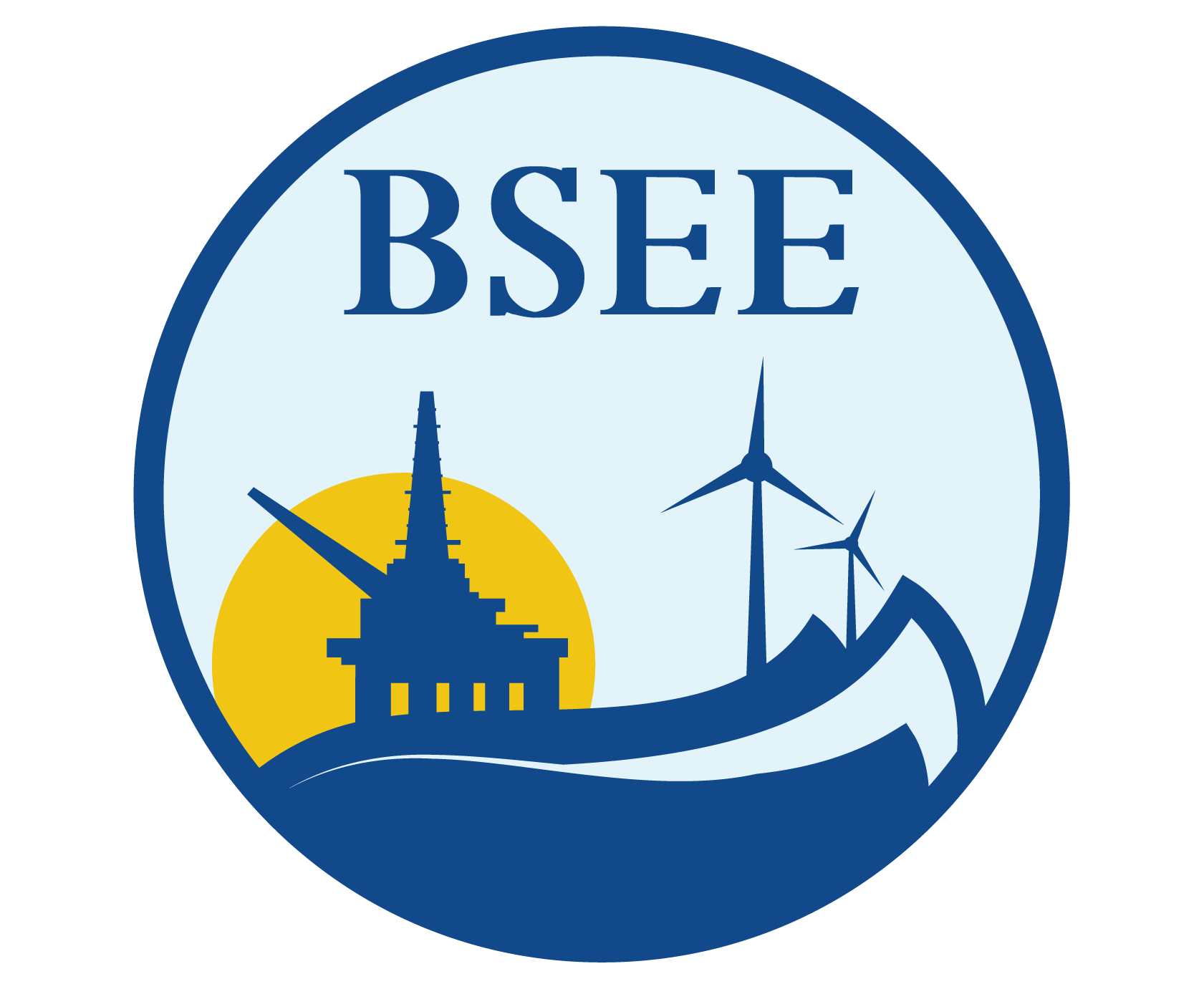The Minerals Management Service (MMS) has begun a $3.7 million, four-year study of deepwater corals in the Gulf of Mexico. The study contract, which focuses on deepwater coral communities that have formed both naturally and on oil and gas platforms and shipwrecks, was awarded to TDI International Inc.
The first round of the project, primarily dedicated to the exploration of shipwreck sites, took the researchers to a remarkable discovery of a copper-clad sailing schooner likely dating to the early 1800’s. Another wreck site visited, confirmed to be the Gulfoil, a tanker sunk by a German U-boat in 1942, was covered with dense thickets of the deepwater coral Lophelia.
The study marks the first time coral community areas below 1,000 feet will be investigated using remotely-operated vehicles. Study results will be used by MMS to create or modify existing regulatory policies and will help MMS protect these important habitats from the potential impacts of oil and gas exploration.
'As exploration reaches into the deepest parts of the Gulf, MMS is responsible for stewardship of that environment,' said Randall Luthi, Director of MMS. 'This study will give us a more in-depth understanding of these vital deepwater communities and how we can best protect them.'
The study is sponsored by the National Oceanographic Partnership Program (NOPP), a collaboration of fifteen Federal agencies providing leadership and coordination of national oceanographic research and education programs. Through NOPP, the public and private sectors are brought together to support larger and more comprehensive projects, to promote sharing of resources, and to foster community-wide innovative advances in ocean science, technology and education.
The research team includes scientists from Louisiana State University, the Pennsylvania State University, Texas A&M University- Corpus Christi, Temple University, Woods Hole Oceanographic Institution, C&C Technologies, Smithsonian Institution and Dauphin Island Sea Lab. The study includes three years of field work using research vessels and underwater vehicles provided by the National Oceanic and Atmospheric Administration’s Office of Ocean Exploration and Research.
During the second round of field work, dedicated to exploration and sampling of both known deepwater coral habitats and new unknown hard bottom sites, scientists are collecting numerous samples of vibrant corals for analysis.
Deepwater corals in the Gulf of Mexico have only recently been studied and there is little information about how coral communities are distributed and how rare they may be. This study is designed to address that shortfall.
Contact:
Caryl Fagot 504-736-2590
